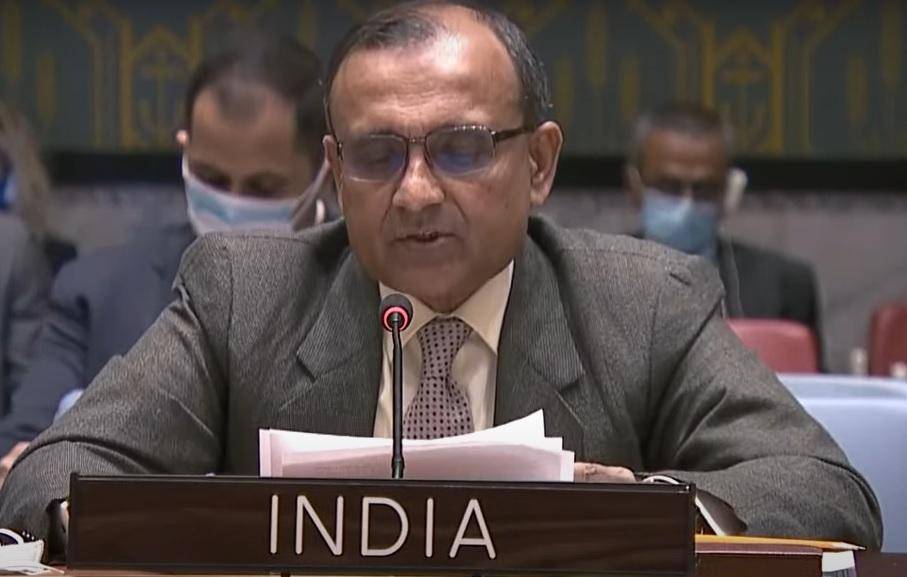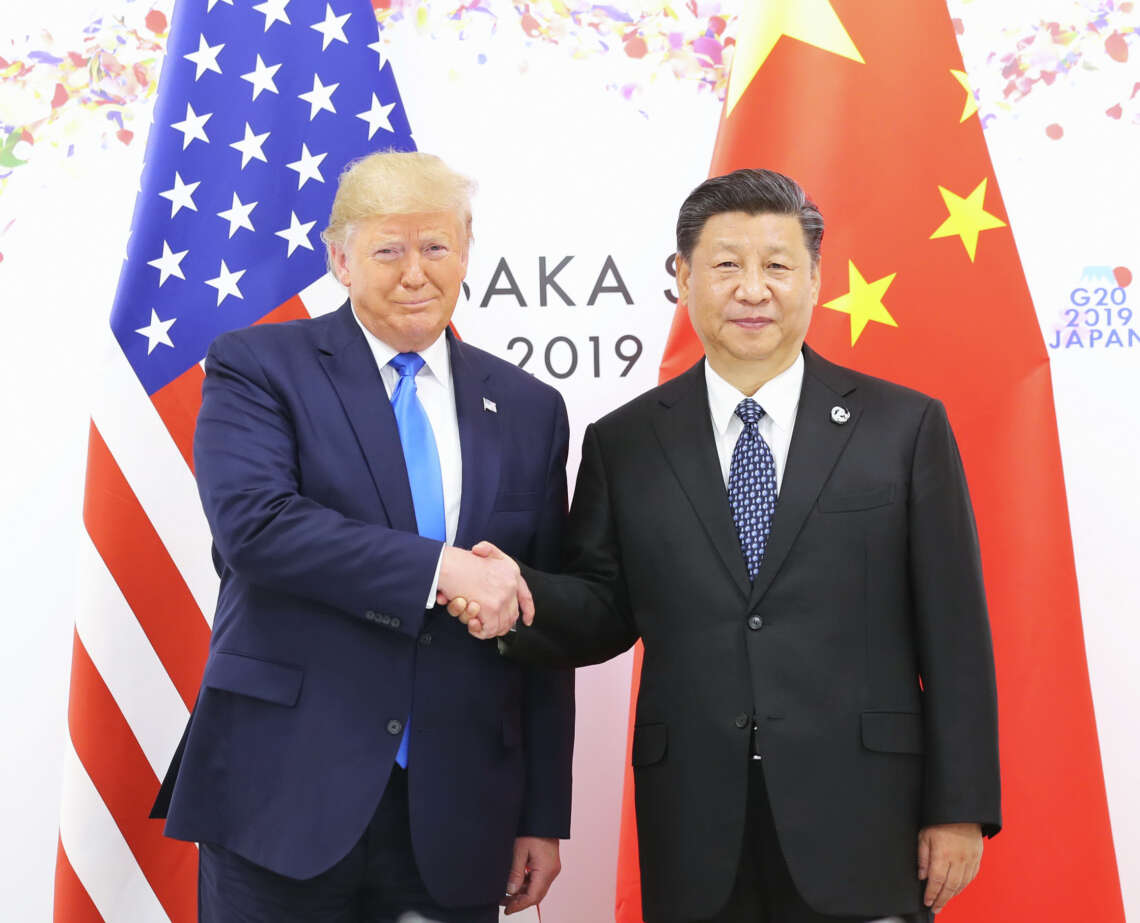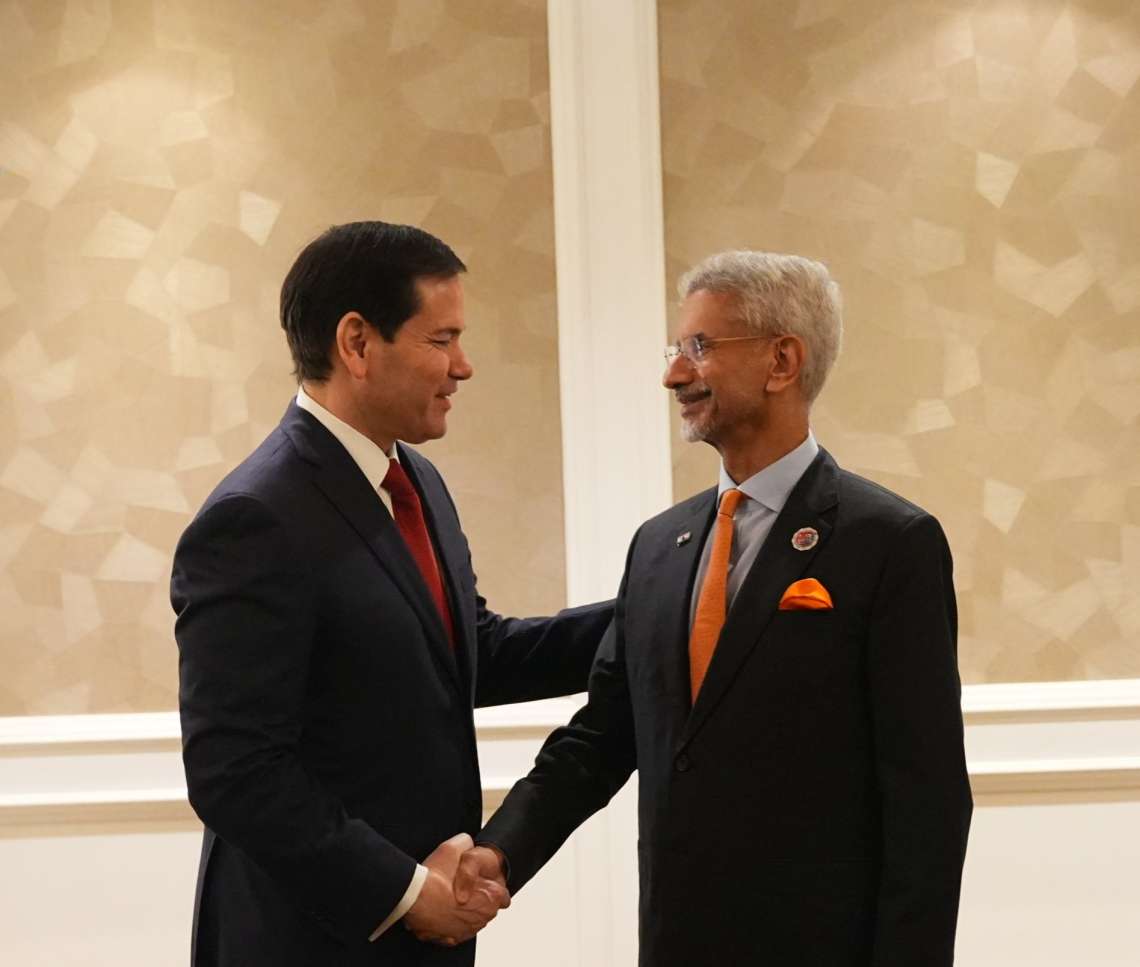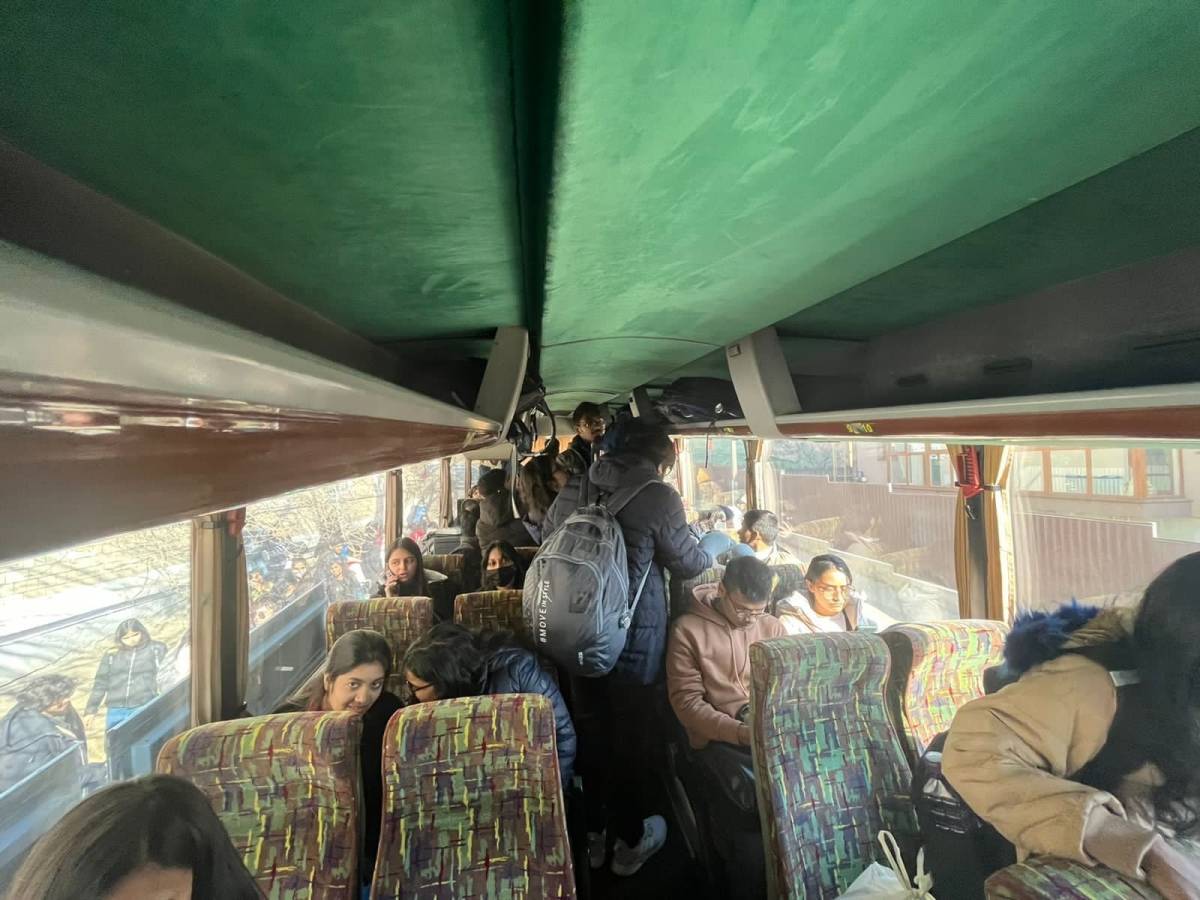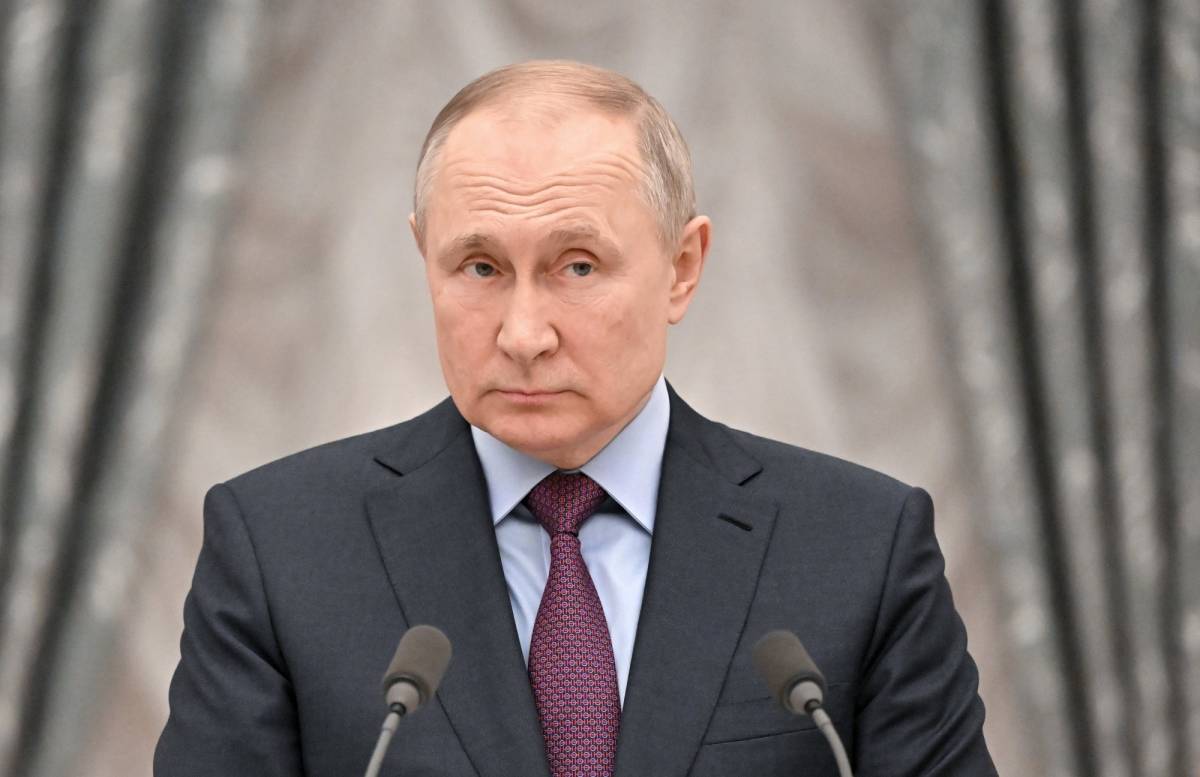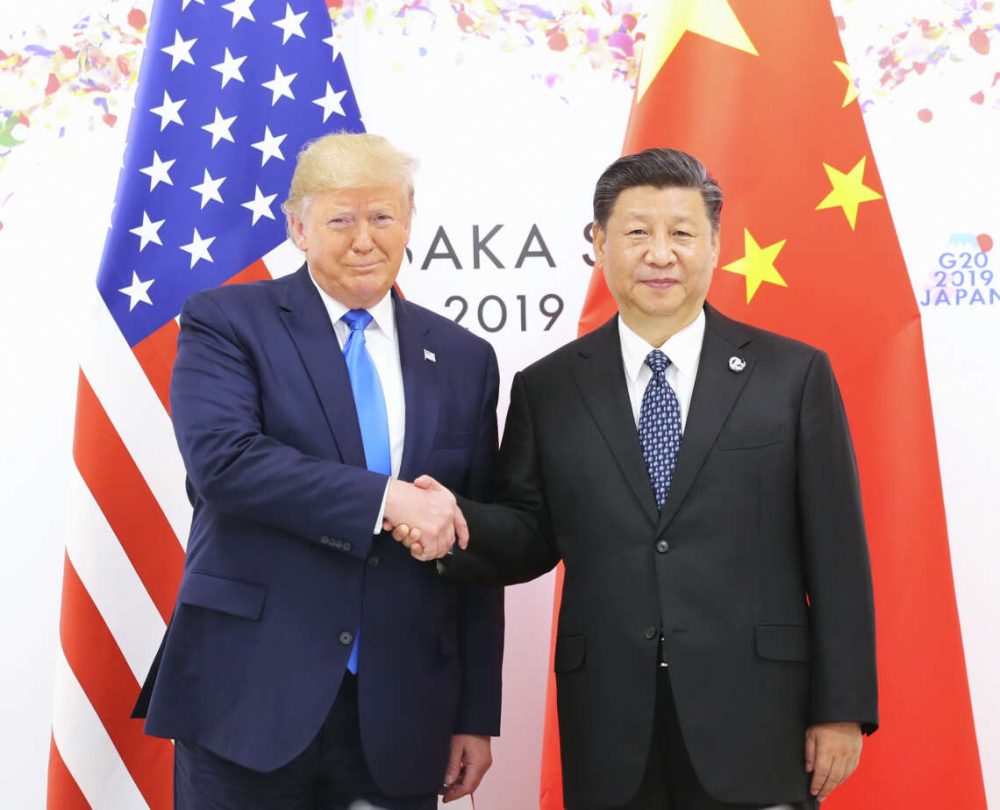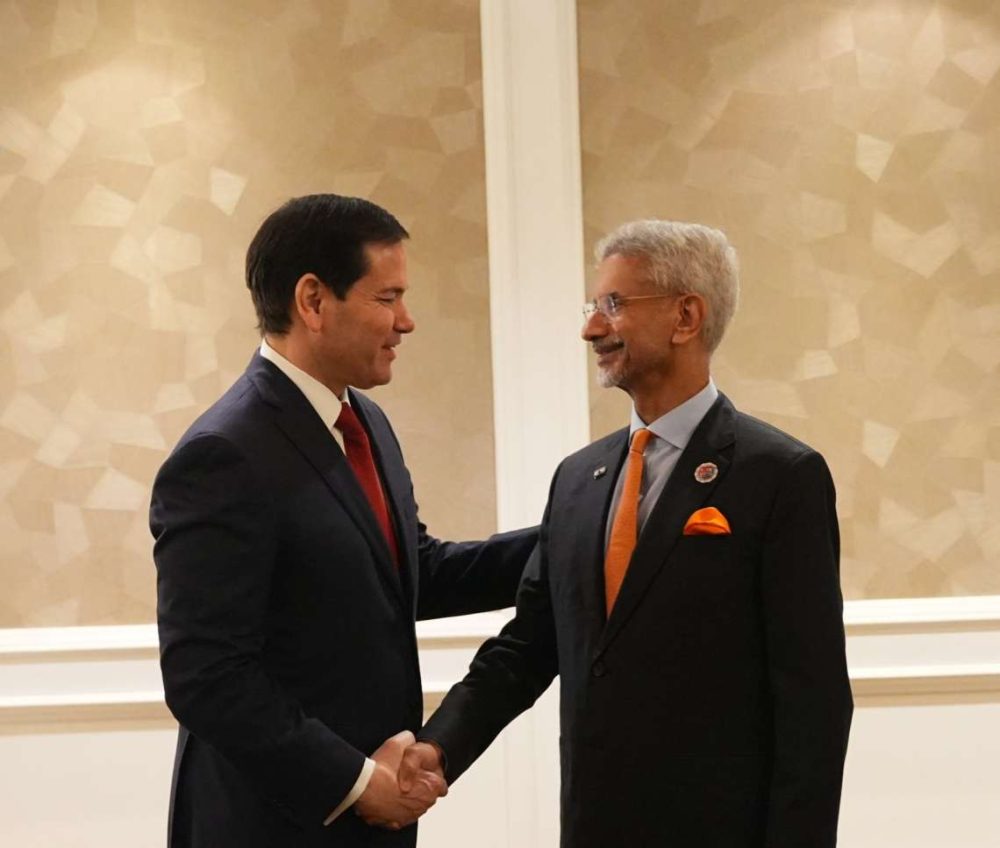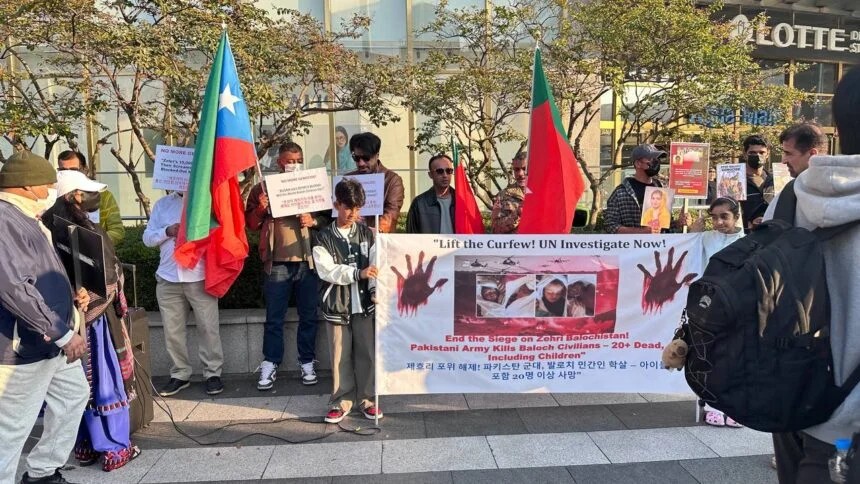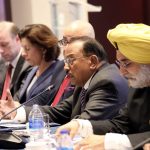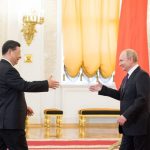India’s abstention will strain India’s growing relationship with the US and the West as Washington had made the voting on the resolution a litmus test for how countries stand with Washington’s position, reports Arul Louis
Affirming its nonaligned heritage, India has abstained on a Security Council resolution condemning Russia’s invasion of Ukraine and put a strain on its growing ties with the US and the West.
India joined China and the United Arab Emirates on Friday evening in staying on the sidelines on the resolution which received 11 votes in the 15-member Council, but was shot down by Russia which as a permanent member used its veto.
Explaining the abstention, India’s Permanent Representative T.S. Tirumurti said, “It is a matter of regret that the path of diplomacy was given up. We must return to it.”
“Dialogue is the only answer to the settling of differences and disputes, however daunting that may appear at this moment”, he said.
Without naming Russia, Tirumurti, however, said, “India is deeply disturbed by the recent turn of developments in Ukraine. We urge that all efforts are made for the immediate cessation of violence and hostilities.”
He added, “The contemporary global order has been built on the UN Charter, international law and respect for the sovereignty and territorial integrity of states. all member states need to honor these principles and finding a constructive way forward”.
The resolution sponsored by he US and Albania and by about 50 countries was taken up as reports came in that Russian troops were advancing on Kiev.
The resolution sought to declare that Russia has committed acts of aggression against Ukraine and the situation is a breach of international peace and security.
It also would have demanded that Russia immediately stop using force against Ukraine and completely withdraw its military forces from Ukraine, and rescind its recognition of the breakaway Ukrainian regions, Donetsk and Luhansk, as independent nations.
The matter now goes to the 193-member General Assembly, which is expected to take up a similar resolution next week and the nonmembers of the Council who backed the failed resolution would be able to register their votes there.
Russia’s isolation was apparent because the three abstentions did not amount to support for it either.
As symbolisms go, it was stark as China abstained even though Russia’s President Vladimir and China’s President Xi Jinping had signed a statement this month on ties with “no limits”.
India was courted by both the US and Russia given the symbolic nature of the vote and the West’s desire to isolate the US.
Russian President Vladimir Putin spoke to Prime Minister Narendra Modi on Thursday.
And US Secretary of State Antony Blinken called External Affairs Minister S. Jaishankar to press the case for voting for the resolution.
India’s abstention will strain India’s growing relationship with the US and the West as Washington had made the voting on the resolution a litmus test for how countries stand with Washington’s position.
“There is no middle ground,” US Permanent Representative Linda Thomas-Greenfield said before the vote.
And after the vote, she said, “This vote showed which countries truly believe in supporting the core principles of the UN and which ones deployed them as convenient catchphrases. This vote showed which Security Council members support the UN Charter and which ones do not.”
Britain’s Permanent Representative Barbara Woodward said, “History will record how we voted today. And which countries stood up to be counted in defense of the charter and the sovereignty and territorial integrity of Ukraine.”
Tirumurti’s remark that India “was deeply concerned about the welfare and security of the Indian community” in Ukraine drew a sharp response from Ukraine’s Permanent Representative Sergiy Kyslytsya.
Turning towards Tirumurti and raising his voice he said, “It is exactly [for] the safety of your nationals right now in Ukraine that you should be the first to vote to stop the war to save your nationals in Ukraine.”
The vote was taken by a show of hands around the horseshoe-shaped desk of the Council against a mural symbolising UN’s mission of bringing peace and freedom to a world ravaged by war.
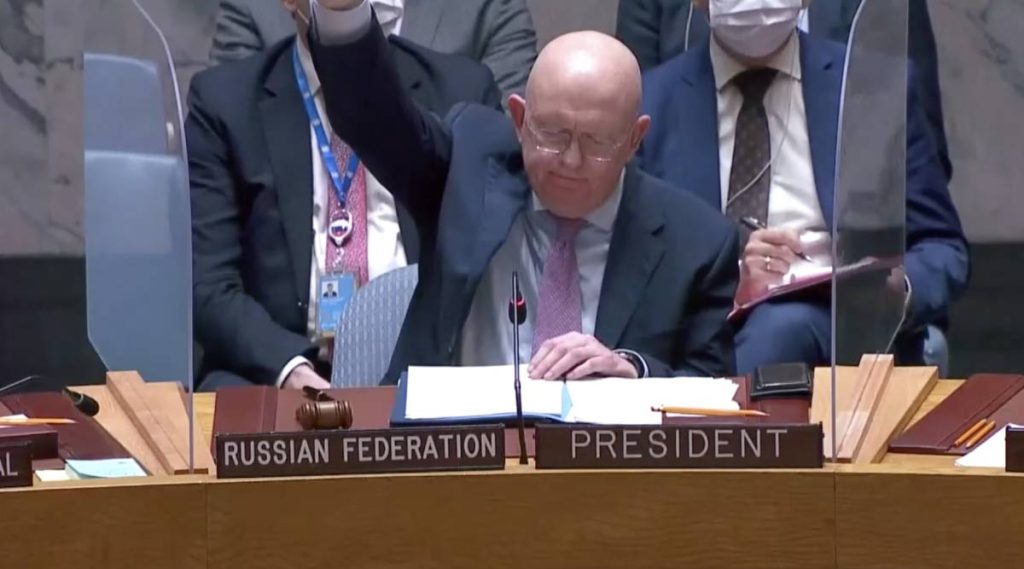
Kyslytsya asked to observe a moment silence to “pray for the souls” of all victims of the war in Ukraine without mentioning any nationalities or to meditate for peace.
Russia’s Permanent Representative Vasily Nebenza, who was presiding over the meeting as his country held the rotating chair this month, interrupted to add those he said were victims of Ukraine.
After the minute of silence, the chamber erupted in applause.
India’s dilemma on the Russia vote has been underscored by its dependence on Moscow for weapons, although it has been trying to diversify.
After decades of an assertive nonaligned foreign policy with a tilt towards the Soviet Union, India has been developing closer strategic ties with the US and the West in the post-Cold War world.
New Delhi may now have to find ways of mending the ties with the West frayed by the abstention.
Its effect may be found in some aspects of the relations, especially in the defence area, if the US persists in a Cold War “you-are-with-us-or-against-us” attitude, and even otherwise it could lose goodwill in Congress and elsewhere.
For example, India faces some sanctions for buying the Russian-made Triumf S-400 anti-missile defence system and Washington has not yet decided to exempt it.
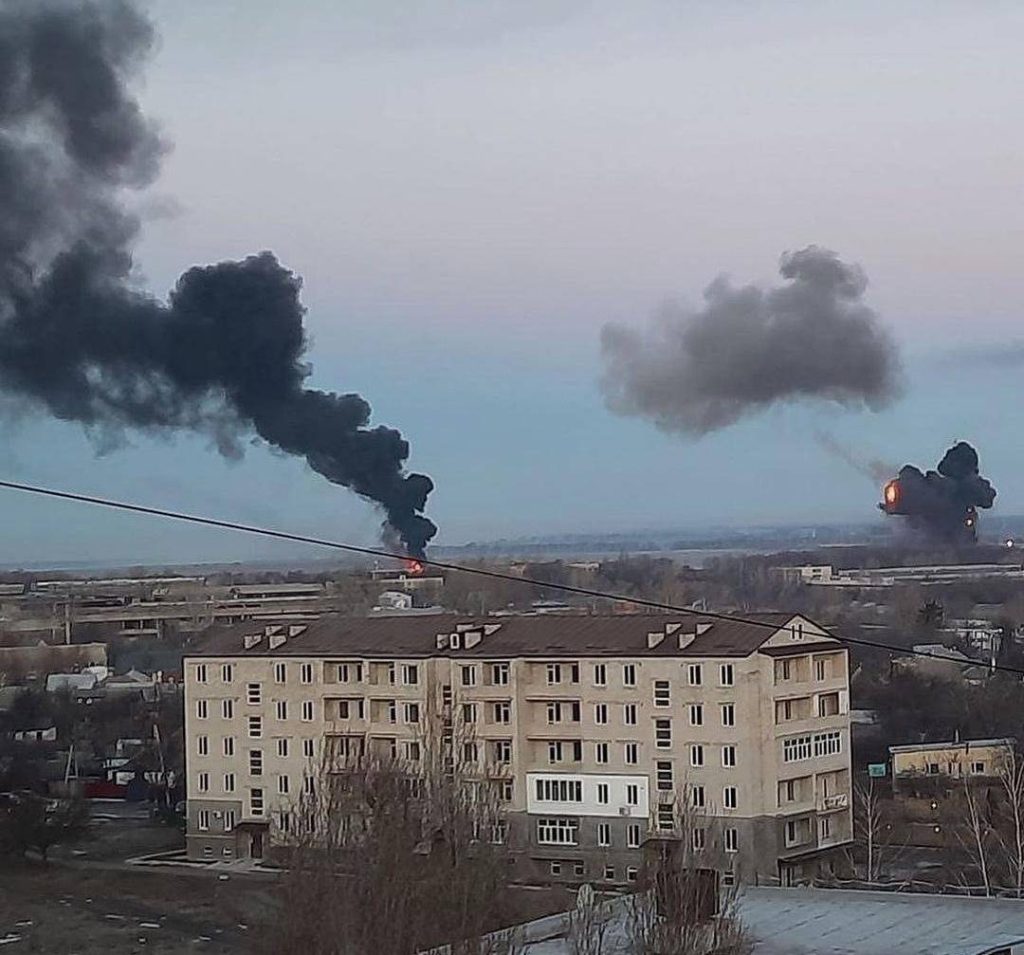
Republican Senator Ted Cruz, who is a hawk on Russia, introduced a bill last year to exempt India from the sanctions, and it will yet to be seen how he and others supporting the bill will react to the abstention.
The US, Britain and France have supported India’s claims to a permanent seat in the Security Council and it may be question questioned by those not sympathetic to India, especially in the US and Britain.
A Soviet veto saved India during Bangladesh’s War of Independence when its troops went into what was then East Pakistan in support of Bangladeshi freedom-fighters trying save the country from a genocide.
But in recent years it is the US, Britain and France that have come to aid of India when China tried to bring up the Kashmir issue in the Security Council, while Russia drawing closer to Beijing has been indifferent.
The West has also supported India whenever it faced Chinese agression.
In fact, drawn together by the shared threat of Beijing’s agressiveness, India has joined the Quad made up the US, Japan and Australia as a bulwark against China in the Indo-Pacific.
India has been assigned a key role in the US Indo-Pacific strategy which says it would “support Indias continued rise and regional leadership”.
Now, ironically India found itself alongside China in the Security Council balancing act.
India also shares some problems that Ukraine faces: Territorial incursions from a larger neighbour and foreign support for separatists.
ALSO READ: ‘Take power into your own hands’: Putin tells Ukraine army


